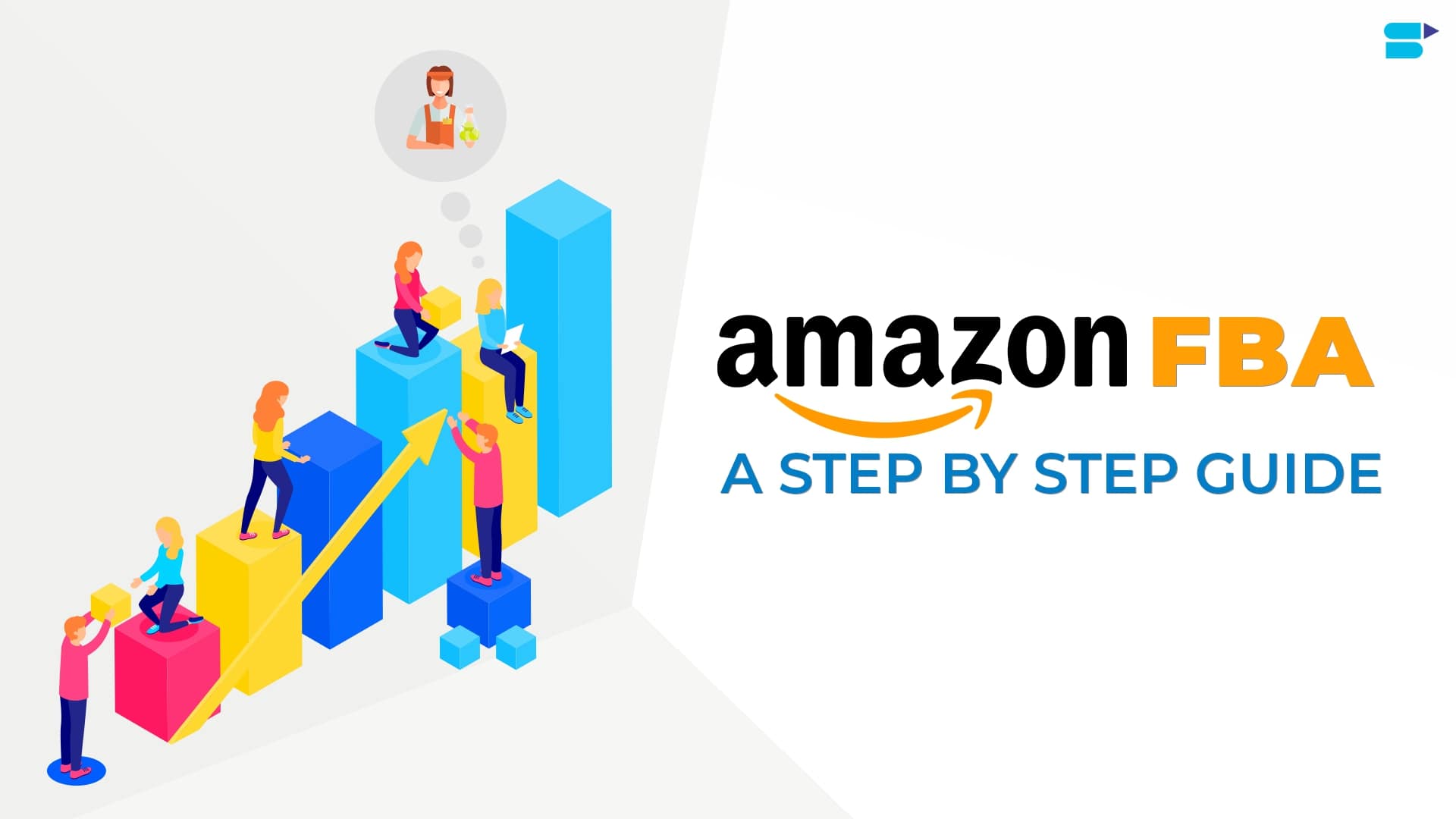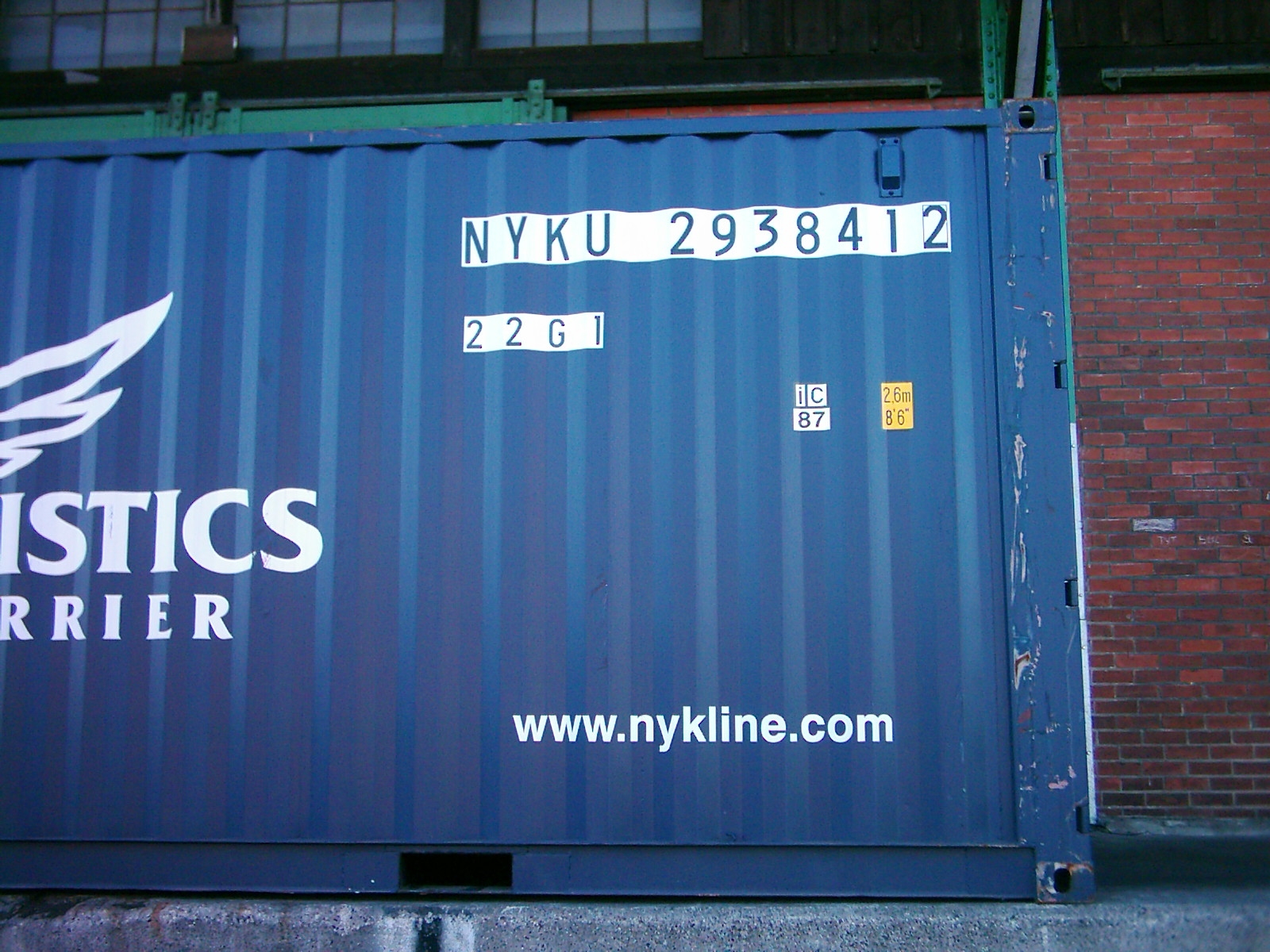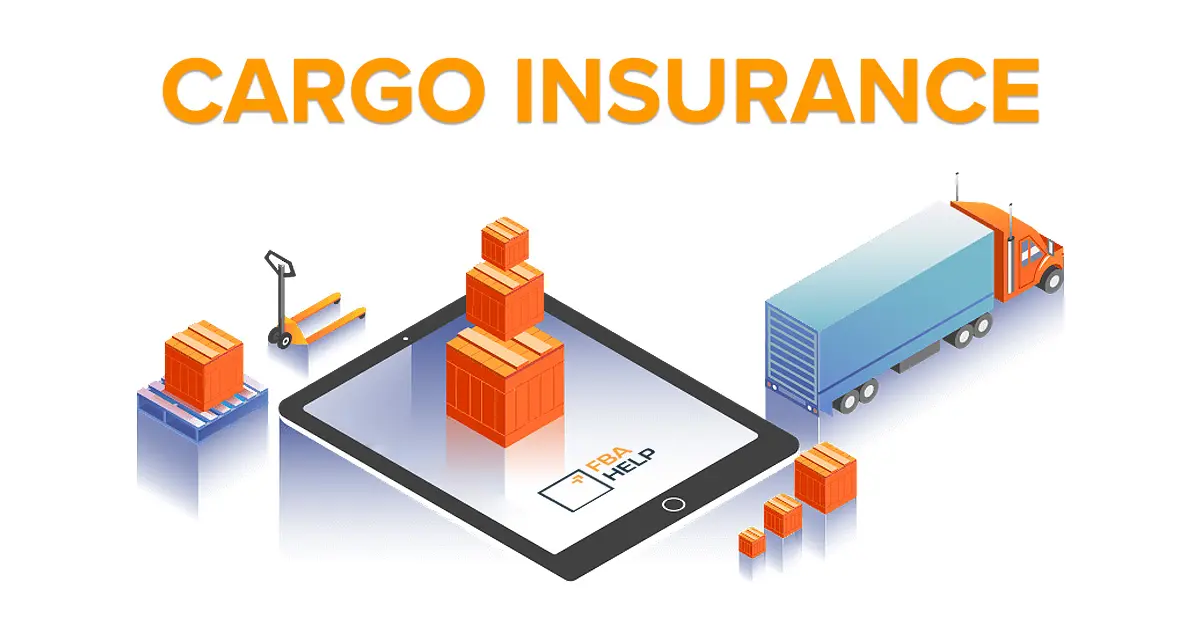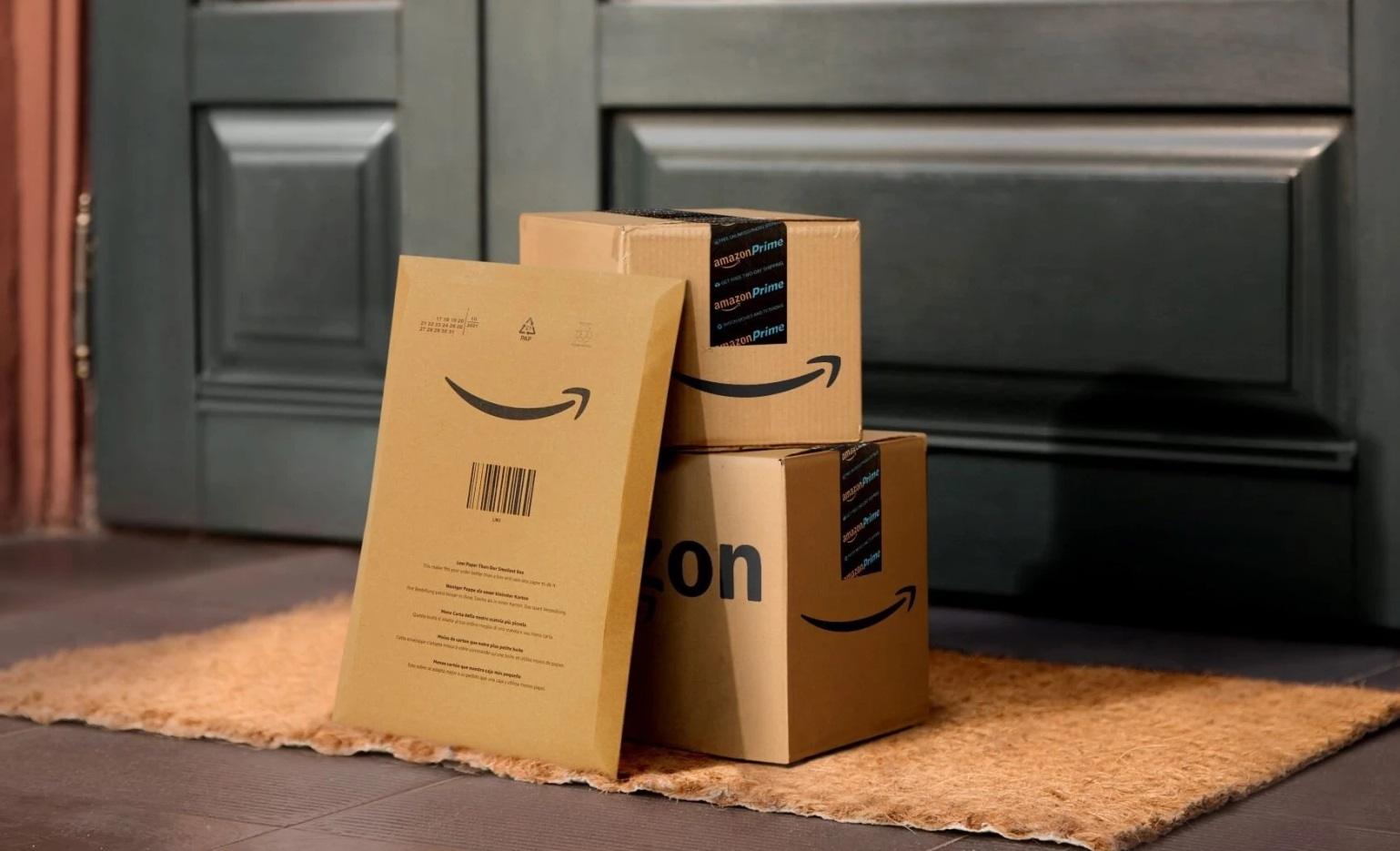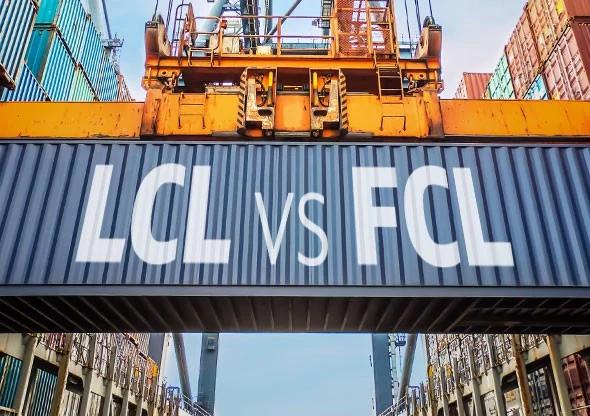FBA vs FBM: Which One Is More Suitable?
"You sell it; we ship it." This is a catchy promo slogan from Amazon, the internationally renowned e-commerce platform. In addition to providing a marketplace for global sellers, Amazon has also muscled into the shipping industry.
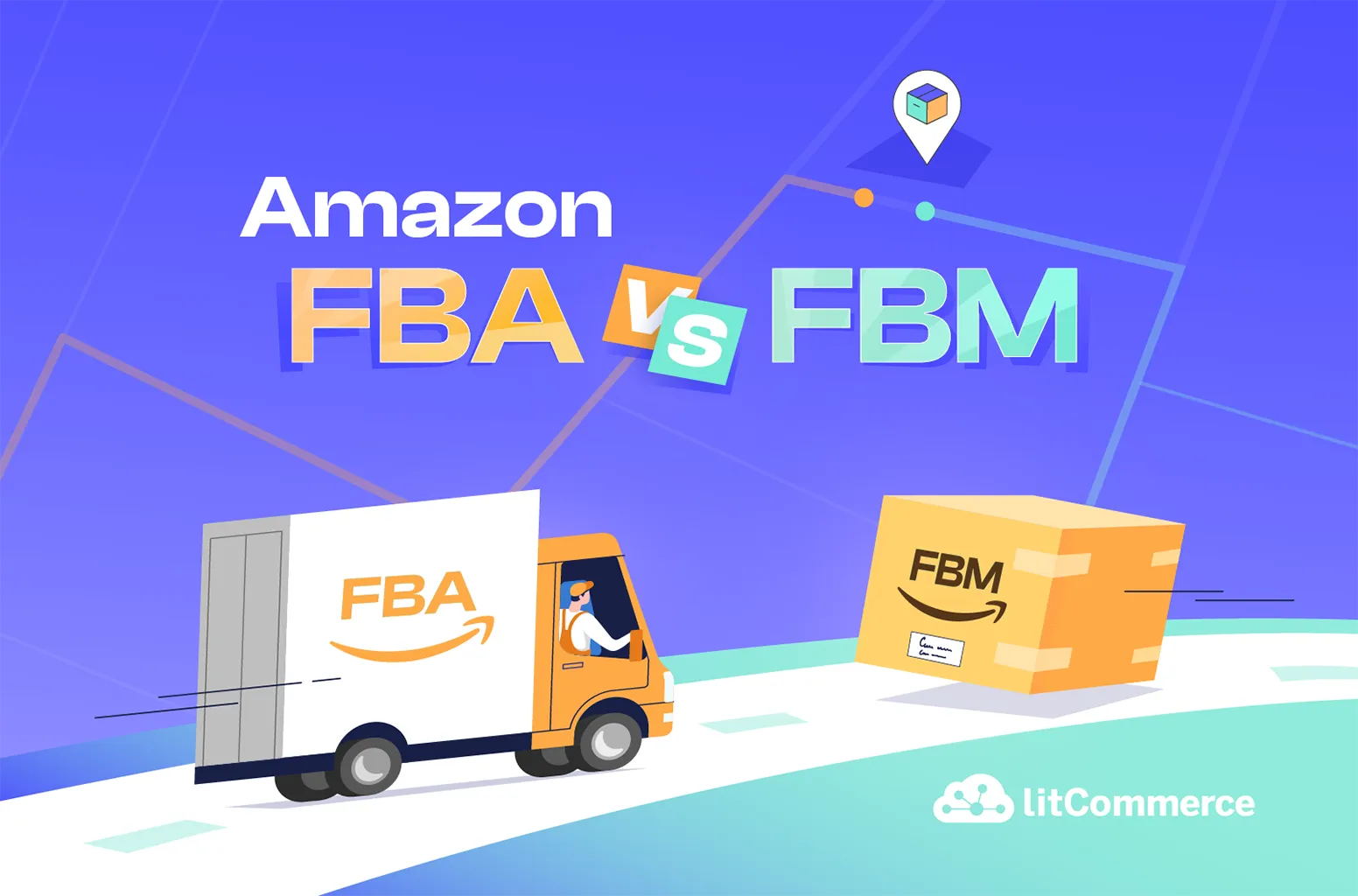
By establishing an advanced fulfillment network worldwide, Amazon introduced a service called FBA (Fulfillment by Amazon). Under FBA, Amazon-registered sellers can send their products to Amazon's fulfillment centers, and Amazon takes responsibility for picking, packing, shipping, and providing after-sales services.
Another option for Amazon sellers is FBM (Fulfillment by Merchant). With FBM, sellers skip the step of storing inventory at Amazon's warehouses and ship products through their own logistics methods.
If you’re looking for an FBA/FBM explainer, you’re in the right place! In this guide, we'll outline the pros and cons of both options so you can make a more informed decision for your business.
1. What is FBA (Fulfillment by Amazon)?
Under FBA, Amazon sellers first send their inventory to Amazon's fulfillment center. When customers place orders, Amazon is responsible for shipping the products.
However, Amazon doesn't offer this service for free. Sellers face at least a fulfillment fee and a storage fee. Storage fees vary based on product size and category, while fulfillment fees are determined by factors like packaging, shipping, product size, weight, regional tax regulations, and fluctuations in freight rates.
2. What Are the Pros of FBA?
2.1 Leveraging the Prime Shipping
Amazon Prime customers enjoy expedited shipping, often receiving products within two days, sometimes even the same day. FBA products are eligible for this fast shipping, making it an attractive option for both sellers and customers.
The inclusion of the Prime badge on your listings is a major benefit, as it helps you attract more customers with faster delivery times—leading to increased sales.
2.2 More Focus on Your Core Business
Managing fulfillment can be complex. With FBA, Amazon takes over the logistics, allowing you to focus on growing your business—selling, marketing, and sourcing products. You no longer need to worry about inventory management, packing, or negotiating shipping rates, which gives you more time and energy to focus on core business activities.
2.3 After-sales Services Handled by Amazon
Customer service can be exhausting, especially when dealing with returns and complaints. Amazon takes over this responsibility for FBA sellers, handling returns and customer service. This allows you to concentrate on scaling your business while Amazon handles post-sale tasks.
2.4 More Exposure, Higher Store Rating
FBA sellers benefit from Amazon’s high visibility and traffic. Products with the Prime badge are more likely to gain customer trust and attract higher sales. The combination of higher sales and positive reviews can help boost your store rating.
3. What Are the Cons of FBA?
3.1 High Charges
FBA comes with various fees, including storage fees and fulfillment fees. Larger or heavier products, in particular, can incur higher costs. While FBA may save you from shipping costs, the service fees can add up, which may reduce your overall profit margins.
3.2 Less Convenient Access to Inventory Management
FBA gives you less control over your inventory. Amazon automatically updates your inventory levels, and while it notifies you when stock is low, it doesn’t offer much flexibility in terms of how you manage or adjust inventory.
Additionally, you may face penalty fees if your products remain in Amazon’s warehouses for over 365 days, so it’s crucial to monitor stock levels and sales to avoid overstocking.
4. What is FBM (Fulfillment by Merchant)?
With FBM, the Amazon seller is responsible for storing products in their own warehouse and shipping orders directly to customers. Sellers can outsource fulfillment to third-party logistics providers, but they must manage the process themselves.
FBM sellers do not receive the Prime badge and must handle all customer support tasks independently.
5. What Are the Pros of FBM?
5.1 Greater Profit Margins
FBM typically offers higher profit margins since you don’t need to pay Amazon’s fees. While you still need to cover the cost of warehousing, staffing, packaging, and shipping, the reduced reliance on Amazon’s services can make FBM more cost-effective.
FBM is also a good option for newer businesses with limited budgets. The lower initial costs allow you to keep expenses down and focus on growing your business without upfront service fees.
5.2 Maintaining Direct Control over Your Business
With FBM, you have full control over your business. You can decide how to manage inventory, packaging, and shipping. This also means you're not subject to Amazon's policy changes, giving you more flexibility in running your operations.
5.3 Fewer Requirements to Meet
Unlike FBA, which has stringent requirements for packing, labeling, and shipping, FBM offers more flexibility. FBM sellers can prepare and ship products on their own terms without being tied to Amazon’s specific guidelines.
6. What Are the Cons of FBM?
6.1 Calls for More Effort
FBM requires sellers to manage every aspect of the fulfillment process themselves. From inventory management to packaging, shipping, and customer support, FBM sellers must put in more effort. If you're running the business solo, this can become overwhelming.
6.2 Less Consumer Traffic
FBM sellers don’t benefit from Amazon’s Prime badge or its traffic boost. As a result, FBM sellers must find ways to attract customers and drive traffic to their listings. Without the visibility that FBA provides, FBM sellers have to work harder to gain exposure.
6.3 The Unavoidable After-sales Services
FBM sellers are responsible for all customer service tasks, including returns, refunds, and exchanges. If customers are dissatisfied, it can negatively affect your business reputation, requiring more time and resources to resolve issues.
7. Conclusions
Choosing between FBA and FBM depends on your business needs. FBA offers ease of use and access to Amazon’s logistics network, but it comes at a cost. On the other hand, FBM offers more control and potential for higher profits but requires more effort and comes with fewer perks.
As an international logistics service provider, Forwarder Data understands the challenges businesses face in the e-commerce world. We know that a one-size-fits-all approach doesn’t work, and we're here to help streamline your fulfillment process with our end-to-end logistics services.
Whether you're an FBA seller or an FBM merchant, Forwarder Data provides professional solutions to help you succeed. From FBA Prep & Shipping services to managing your FBM fulfillment, we’ve got you covered. Reach out to us today, and let us help elevate your business to new heights.

